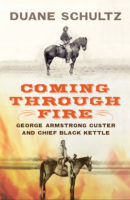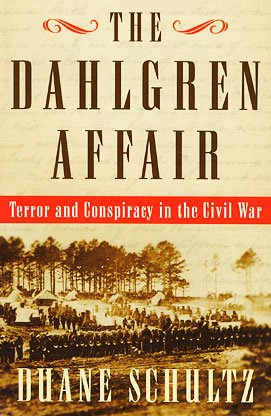The Dahlgren Affair: Terror and Conspiracy in the Civil War
W. W. Norton, 1998
March 5, 1864, was the day the Civil War changed. According to the Richmond Examiner, it became “a war of extermination, of indiscriminate slaughter and plunder.” It changed because of a few sheets of paper found on a muddy trail; their legacy was a new and terrible style of warfare.
The Dahlgren Affair begins with a daring cavalry raid to free the thousands of Union prisoners held under despicable conditions in Richmond, capital of the Confederacy. The raid fails, and its commander—21-year-old Colonel Ulric Dahlgren, already a hero, a friend of President Lincoln, and a wounded veteran with one leg—is killed. On Dahlgren’s body are found orders purportedly instructing his men to execute Jefferson Davis and other high-ranking men of the Confederate government.
The first consequence of the raid and the discovery of the papers was an outpouring of rage throughout the South. This was no longer war but treachery, assassination, a descent into savagery. The Union army and Northern politicians disclaimed all knowledge of the orders and challenged their authenticity. Shortly thereafter, Jefferson Davis, in retaliation, authorized the use of terror tactics against civilians in the North—guerrilla raids, bank robberies, arson, sabotage, and siege warfare.
Besides the enigmatic Dahlgren, the primary actors in this intrigue include Thomas Hines, a 23-year-old classics scholar who organized the terror campaign from Maine to Minnesota, and Elizabeth Van Lew, an aristocratic middle-aged Richmond woman who spied for the Union.
The larger political story is fascinating as well. Both Lincoln and Davis were desperate presidents in danger of losing the war, one at the ballot box and the other on the battlefield. Although the South was losing the war, Lincoln’s opponent in the 1864 election, George McClellan, wanted to negotiate a peace with the Confederates. It was imperative that the South weaken Lincoln’s hold on the electorate; it was their last chance to survive. If no opportunity arose, would one have to be manufactured?
Reviews
A wonderfully vivid portrait of Confederate attempts to stir up rebellion in the North during the war’s waning days. Schultz handles this melodramatic material with vigor and clarity. A first-rate addition to the shelves of Civil War studies
A fascinating chronicle of Civil War espionage. This narrative of intrigue is sprinkled with true tales of invisible ink, railroad sabotage, prison escapes, and stunning near-misses. An outstanding work of popular history
An informative and rattling good read
The plot twists and turns like a good work of fiction. Civil War buffs and people who enjoy history and intrigue will relish this book
Schultz’s lively writing is perfectly suited to the exciting and controversial Yankee cavalry raid against Richmond in late winter 1864. Were the papers found on Dahlgren’s body authentic or were they forged by a Confederate government desperate to bring more pressure on the North? To this day historians debate the papers’ authenticity. Schultz chronicles the raid, and then examines the papers, their publication and ultimate fate. The subject and Schultz’s lucid prose make this a great addition to any Civil War library
More Civil War Books by Duane Schultz
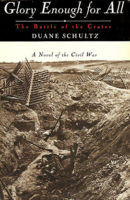
Glory Enough for All: The Battle of the Crater: A Novel of the Civil War
St. Martin’s Press, 1993
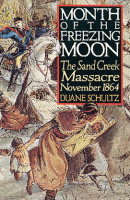
Month of the Freezing Moon: The Sand Creek Massacre, November 1864
St. Martin’s Press, 1990
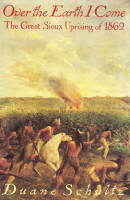
Over the Earth I Come: The Great Sioux Uprising of 1862
St. Martin’s Press, 1992
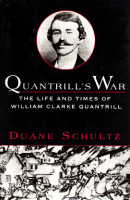
Quantrill’s War: The Life and Times of William Clarke Quantrill, 1837-1865
St. Martin’s Press, 1996
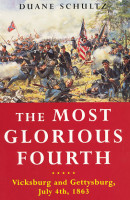
The Most Glorious Fourth: Vicksburg and Gettysburg, July 4th, 1863
W. W. Norton, 2002
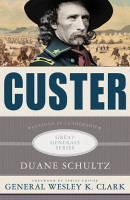
George Armstrong Custer
Palgrave Macmillan, 2010
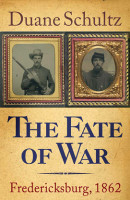
The Fate of War: Fredericksburg, 1862
Westholme Publishing
